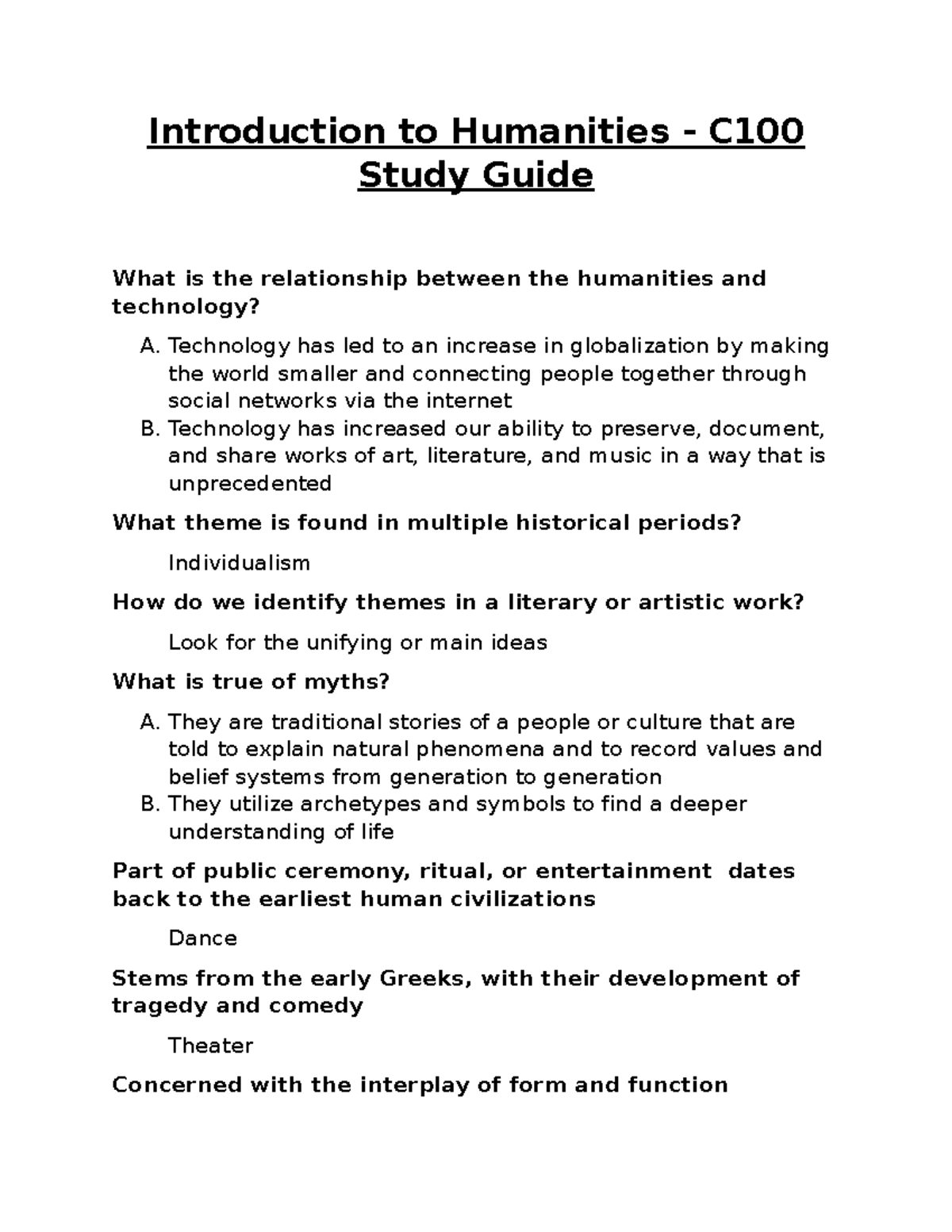Patricia Lockwood is a distinctive voice in contemporary literature, known for her exploration of life in the digital age. As an author, her novels, particularly “No One Is Talking About This,” delve into the complexities of online existence and the interplay between virtual and real-life experiences. Lockwood’s writing often challenges societal perceptions on the significance of the internet, captivating readers with her unique narrative style. In a recent interview, she emphasized how her cloistered upbringing colored her understanding of these themes, revealing both the humor and gravity of modern life. Through her distinct lens, Lockwood offers a fresh perspective on the internet’s role as a legitimate facet of our reality, making her an essential voice in the literary discussion around modern digital culture.
The literary contributions of Patricia Lockwood shine brightly as she navigates the realms of both fiction and memoir. With her insightful writing, she distills the essence of human interaction in a time dominated by social media, presenting it through vibrant characters and compelling dialogues. Lockwood’s thoughts on the blurred lines between online personas and tangible existence resonate with readers, especially those intrigued by the dynamics of personal expression in the digital world. Her body of work not only includes engaging novels but also critical reflections that challenge conventional notions in literature. Through her craft, Lockwood elevates the dialogue surrounding the significance of internet narratives, providing a rich canvas for exploration.
Patricia Lockwood’s Perspective on the Internet as Real Life
Patricia Lockwood has a unique and captivating perspective on the intersection of the internet and real life. In her discussions, she emphasizes that many people find it challenging to reconcile their online personas with their genuine selves. Her 2021 novel “No One Is Talking About This” exemplifies this struggle, diving deep into the life of a social media star whose reality is disrupted by a family crisis. This theme resonates with readers who are increasingly aware that their digital lives often reflect their true experiences, yet many refuse to acknowledge it. Lockwood’s insights push the boundaries of traditional literature by incorporating the complexities of modern existence and the chaotic nature of internet culture into her storytelling.
The notion that the internet can be viewed as a legitimate aspect of life intrigues Lockwood. She suggests that to accept this reality challenges societal norms that have historically separated the private from the public. As audiences engage with her narrative styles and character developments, Lockwood encourages readers to see their own stories in hers, blending the lines between the digital age and the physical world.
Moreover, her approach speaks to a wider cultural discomfort with discussing the internet’s role in shaping identities. Patricia Lockwood asserts that this unease is not only about technology but also a reflection of how individuals perceive their vulnerabilities in sharing their authentic selves online. By showcasing her understanding of these minor intricacies, she dismantles barriers that keep people from engaging deeply with narratives that discuss the internet, thereby integrating the profound with the seemingly trivial. Lockwood’s work invites audiences to embrace conversations about online realities, asserting this dialogue as a significant facet of modern literature.
The Art of Characterization in Patricia Lockwood’s Writing
In her literary pursuits, Patricia Lockwood excels at creating characters that are rich, complex, and deeply engaging. Drawing from her personal experiences and relationships, she constructs vivid dialogues that bring her characters to life, as seen in her memoir “Priestdaddy”. Lockwood’s unique upbringing, described as “cloistered” due to her father’s role as a priest, has sharpened her observational skills, allowing her to translate real-life interactions into the written word effectively. By focusing on the subtleties of speech patterns and idiosyncratic dialogue, she captures the essence of her subjects, making them relatable and multi-dimensional to her readers.
Lockwood believes that effective characterization does not always require an understanding of a character’s internal thoughts. Instead, she emphasizes the power of external dialogue to convey personality and motivation. This technique is particularly evident in her novels, where her characters often reflect complex familial dynamics and societal expectations. Her dedication to this form of character development demonstrates the depth of her writing and emphasizes the importance of voice in literary work.
Through her observations, Lockwood holds that the authenticity of her characters is further enhanced by her ability to replicate identifiable speech patterns. This focus reveals the layers of human interaction that connect her characters to readers, creating a subtle intimacy that resonates long after the final page is turned. Readers are drawn into the intricacies of her characters’ lives, experiencing their joys, sorrows, and peculiarities. Lockwood’s prowess in crafting such relatable figures underscores not only her skill as an author but also her belief in the storytelling potential of marginalized voices and overlooked narratives.
Navigating the Dichotomy of Writing and Life: Insights from Patricia Lockwood
Patricia Lockwood’s insights regarding the balance between her writing process and personal life are both enriching and relatable. She has openly discussed her unconventional writing habits, which incorporate a mix of comfort and practicality — often propped up in bed with her notes amid the chaos of life. Lockwood’s preference for a relaxed writing environment highlights her belief that creativity flourishes in settings where one feels at ease. However, chronic migraines have prompted a shift in her writing approach, emphasizing adaptability while maintaining her unique style. This adaptability resonates with many writers who struggle to create consistently amid external pressures and personal challenges.
Lockwood’s experiences reflect a broader movement in the literary community towards more personal and authentic expressions in writing. Authors today increasingly share their vulnerabilities and struggles, creating a more relatable connection with their audience. By discussing her own journey, Lockwood not only breaks societal norms around the often romanticized notion of the writer’s life but also inspires aspiring writers to embrace their realities, making space for authenticity in their own creativity.
Her humorous anecdotes surrounding her writing posture and workspace choices offer a glimpse into the mind of a creative who uniquely intertwines life with literature. Lockwood’s focus on comfort as a vital aspect of the writing process reinforces the idea that creativity cannot be forced. Instead, it emerges organically when one gives themselves the permission to relax and be vulnerable. This philosophy fosters an environment where genuine storytelling can thrive.
Patricia Lockwood’s Approach to Literary Criticism
Patricia Lockwood holds a distinct position in the realm of literary criticism, where her bold insights seamlessly merge with her creative expression. Known for her incisive reviews, such as her assessment of John Updike, Lockwood is unafraid to express her opinions on whether a work succeeds or fails. This willingness to critique without fear of backlash enables her to contribute meaningfully to discussions about literature, bridging the gap between analysis and artistry. In her view, literary criticism is not simply an academic exercise; it is a journey into another person’s mind and talent, an endeavor she describes as “celestial homework.”
Lockwood’s unique perspective illuminates the intimate dance between reader and text, as she encourages others to enter the mental space of a writer’s creative process. This method not only enriches her critiques but also offers aspiring authors a fresh lens through which to understand their own artistic endeavors. By advocating for a more profound engagement with literature, Patricia Lockwood broadens the conversation around the role of criticism in shaping literary culture.
Moreover, her critiques prioritize the emotional resonance of literature, a philosophy that allows her to connect authentically with audiences. Lockwood’s insistence on expressing personal feelings toward a work, whether positive or negative, reinvigorates discussions that can often become overly technical or detached. This approach restores the human element in literary evaluation, promoting a culture of open dialogue where complex emotional responses are valued. As Patricia Lockwood continues to challenge traditional boundaries within both writing and criticism, she paves the way for a more holistic understanding of what it means to engage with literature in the digital age.
Patricia Lockwood and the Evolution of Long-Form Fiction
In a world increasingly dominated by microcontent and evolving reading habits, Patricia Lockwood emerges as a staunch advocate for the enduring relevance of long-form fiction. During her talks and interviews, she asserts that despite the challenges posed by shrinking attention spans, there remains a significant appetite for deep, engaging narratives. Lockwood’s observations address a critical gap within the literary conversation, urging writers to trust in their stories’ abilities to resonate with readers seeking depth and solace amidst the barrage of transient media.
Her exploration of long-form fiction highlights the necessity of resisting the temptation to conform to changing trends. Lockwood believes that novels create their own appetites, fostering a loyal readership that craves substantial storytelling over the ephemeral nature of online content. This conviction not only emphasizes the artistic integrity inherent in lengthy prose but also champions the idea that storytelling can offer refuge from the fragmentation of modern life.
Lockwood’s advocacy for nurturing long-form literature reflects a broader cultural sentiment that yearns for connection and meaning. Readers often turn to fiction that allows for immersion into rich narratives and character development, a stark contrast to the bite-sized content consumed online. As writers like Patricia Lockwood continue to craft compelling long-form stories, they remind us that literature can still provide solace and reflection, proving that the novel remains a vital form of expression in an age of digital distraction.
Frequently Asked Questions
What themes does Patricia Lockwood explore in her writing?
Patricia Lockwood often explores themes of internet life in her novels, particularly in her acclaimed work ‘No One Is Talking About This.’ She highlights the intersection of online identities and real-life experiences, challenging readers to confront the reality that the internet is a significant part of their lives.
How does Patricia Lockwood characterize her upbringing in her writing?
In interviews, Patricia Lockwood describes her ‘cloistered’ upbringing in a rectory, which has deeply influenced her writing style. She emphasizes the importance of dialogue and keen observation, using her unique experiences to craft complex characters and capture their speech patterns authentically.
What is the significance of Patricia Lockwood’s novel ‘No One Is Talking About This’?
Patricia Lockwood’s novel ‘No One Is Talking About This’ delves into the life of a social media star who faces a family crisis, illustrating the absurdity and depth of online existence. The book is often seen as a commentary on contemporary internet culture and the challenges of reconciling it with personal life.
How does Patricia Lockwood view the role of the novel in today’s literary landscape?
During discussions, Patricia Lockwood expresses the belief that the novel remains vital even in an era dominated by micro-content. She argues that novels create appetites for deeper narratives and solace, and that writers should remain true to their extended forms instead of bending to trends of brevity.
What drives Patricia Lockwood’s writing process?
Patricia Lockwood’s writing process is characterized by her preference for comfort, often writing in bed with her cat. Despite challenges such as chronic migraines, she adapts her workspace while focusing on the importance of long-form writing and the emotional connection that comes from immersing herself in her characters.
How does Patricia Lockwood approach literary criticism in her work?
Patricia Lockwood approaches literary criticism with a unique perspective, seeing it as ‘celestial homework.’ She appreciates the opportunity to engage with another writer’s mind and feels that criticism allows her to transcend her own limitations, providing insights that enrich her understanding of literature.
What impact does Patricia Lockwood hope her writing has on readers?
Patricia Lockwood hopes her writing resonates with readers and encourages them to reflect on their online lives and identities. By presenting complex characters and capturing authentic dialogue, she aims to foster a deeper connection to the human experience in the digital age.
Where can I find interviews featuring Patricia Lockwood?
Interviews with Patricia Lockwood can be found in various literary outlets, including online journals and cultural discussions. Her talks often provide insights into her writing process, her views on contemporary literature, and her thoughts on the internet’s influence on real life.
| Key Points | Details |
|---|---|
| Patricia Lockwood’s View on the Internet | Lockwood believes that many people struggle to accept that online lives reflect authentic identities, leading to discomfort with novels addressing internet culture. |
| Insights on Writing and Characters | Lockwood emphasizes the importance of dialogue in capturing characters and often draws on her interactions with her family. |
| Cloistered Upbringing | Her isolated childhood allowed her to observe the world intensely, influencing her writing style. |
| Literary Criticism approach | Lockwood sees literary criticism as a way to understand different minds and appreciates the freedom of exploring literature independently. |
| Writing Habit | Lockwood prefers to write in bed with a cat, but has adapted her posture due to health reasons. |
| Future of Novel Writing | Lockwood believes long-form fiction can thrive despite the prevalence of micro-content, as it caters to deeper needs for solace and engagement. |
Summary
Patricia Lockwood brilliantly navigates the complexities of modern identity and literature, compelling us to embrace the genuine connections we form online. In her discussions about the intersection of the internet and real life, she sheds light on the often-overlooked depth of characters crafted from our daily dialogues and interactions. Her insights remind us that the authenticity of our online presence can influence literature profoundly, making her contributions to today’s narrative landscape both crucial and thought-provoking.



